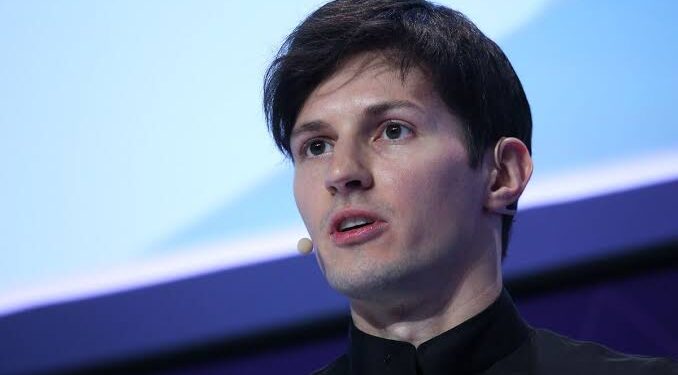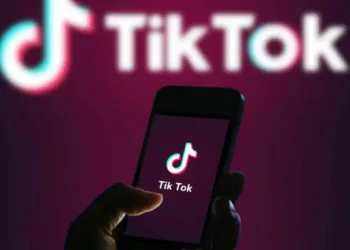The recent arrest of Telegram founder Pavel Durov in Paris has sent shockwaves through the tech world, raising questions about privacy, free speech, and the responsibility of social media platforms. As the dust settles, it’s clear that this is more than just a criminal investigation – it’s a battle for the future of online communication.
Durov, the enigmatic Russian-born entrepreneur, has long been a champion of privacy and free speech. His messaging app, Telegram, has become a haven for those seeking refuge from the prying eyes of governments and corporations. But with great power comes great responsibility, and the French authorities have accused Durov of failing to adequately address the spread of illegal content on his platform.
The charges against Durov are damning – complicity in illegal transactions, possession and distribution of child sexual abuse material, and refusal to cooperate with authorities. If convicted, he faces up to 20 years in prison. But is this a case of a rogue CEO, or a witch hunt against a platform that refuses to play by the rules?

Telegram’s approach to encryption has long been controversial. Unlike its competitors, Telegram doesn’t offer end-to-end encryption by default, instead relying on a proprietary system that has raised eyebrows among security experts. But Durov has always maintained that privacy is paramount, and that his platform is a beacon of hope for those seeking freedom from censorship.
The reaction from the tech community has been mixed. Some have rallied around Durov, seeing him as a martyr for the cause of online freedom. Others have criticized Telegram’s lax approach to moderation, arguing that it has created a haven for criminals and extremists.
The implications are far-reaching. If Durov is convicted, it could pave the way for a new era of online regulation, where platforms are forced to prioritize compliance over privacy. The consequences for free speech and online dissent would be catastrophic.
As the world watches, it’s clear that this is more than just a criminal trial – it’s a battle for the soul of the internet. Will we prioritize privacy and freedom, or succumb to the demands of governments and corporations? The fate of Pavel Durov, and the future of online communication, hangs in the balance.
The Russian foreign ministry’s condemnation of Durov’s arrest raises eyebrows – what’s behind their sudden concern for the well-being of a dissident entrepreneur? Elon Musk’s defense of Durov highlights the growing rift between tech moguls and governments – whose side are you on? The move towards universal end-to-end encryption gathers pace – but at what cost to online safety and security?
Ultimately, the arrest of Pavel Durov is a wake-up call for the tech industry – privacy and freedom come at a price, and it’s time to pay up.
The recent arrest of Telegram founder Pavel Durov in Paris has sent shockwaves through the tech world, raising questions about privacy, free speech, and the responsibility of social media platforms. As the dust settles, it’s clear that this is more than just a criminal investigation – it’s a battle for the future of online communication.
Durov, the enigmatic Russian-born entrepreneur, has long been a champion of privacy and free speech. His messaging app, Telegram, has become a haven for those seeking refuge from the prying eyes of governments and corporations. But with great power comes great responsibility, and the French authorities have accused Durov of failing to adequately address the spread of illegal content on his platform.
The charges against Durov are damning: complicity in illegal transactions, possession and distribution of child sexual abuse material, and refusal to cooperate with authorities. If convicted, he faces up to 20 years in prison. But is this a case of a rogue CEO, or a witch hunt against a platform that refuses to play by the rules?

















